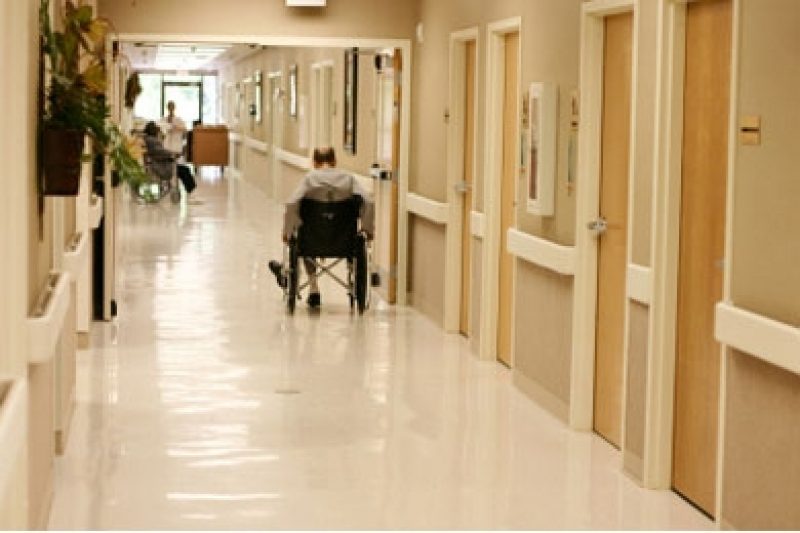One of the most sinister and disturbing trends in nursing homes is neglect. Neglect clearly demonstrates a wanton disregard for a patient well-being and rights. It can take many different forms, but each is extremely hurtful and malicious.

Neglect and abuse in nursing homes cannot be ignored. In one study, 2,000 nursing home residents were interviewed and 44 percent of them said they had been abused. A total of 95 percent of residents said either they had been neglected or they had witnessed another resident being neglected by nursing home staff.
LEARN MORE
- Tips for Choosing a Quality Nursing Home in Virginia or Elsewhere
- Stopping Nursing Home Abuse
- Know Your Rights as a Nursing Home Patient in Virginia
As the baby boomer generation ages, the number of nursing home beds needed will increase substantially, putting a severe strain on an industry already suffering shortfalls. This means the number of neglected patients will likely increase.
What legal recourse do nursing home patients and their families have when elderly neglect has occurred? An experienced Virginia nursing home abuse attorney can advise you what your legal options may be.
Types of Neglect
There are various ways that nursing home staff can neglect a patient. Many times, the effect of this neglect is gradual and visiting family members may not realize their loved one is suffering neglect because there are no obvious symptoms.
Emotional neglect
This type of neglect is typically sustained mistreatment that may cause a slow introversion in a patient’s demeanor. Family members should be on the lookout for signs of withdrawal. Psychological and behavioral signs may begin to manifest like feelings of shame, anxiety, uncertainty, helplessness, trembling, and vagueness.
Basic personal needs
Food, medication, and movement are some very basic resident patient needs that many caregivers overlook and withhold. Patients can die from dehydration and starvation.
Hygiene
Patients that are bedridden due to illness or surgery can be prone to bedsores. These skin lesions can occur when caregivers fail to frequently turn and reposition the patient or keep the resident hydrated and on a healthy diet. Infections are also a common occurrence if patients are not bathed on a regular basis.
Falls
According to the Centers for Disease Control and Prevention (CDC), each year, a typical nursing home with 100 beds reports 100 to 200 falls, however, many falls go unreported. Additionally, around 16 to 27 percent of nursing home falls are a result of environmental hazards. Although patients in nursing homes are typically older and more prone to falling due to muscle weakness or general poor health, a highly accredited nursing home should be able to reduce the frequency of these incidents.
Care and Compassion from Va. Injury Attorneys
Urging your elderly loved one to communicate with you freely and your assurances that they are entitled to feel safe is a good starting point. If you discover a case of neglect, time is obviously of the essence. Knowing a loved one’s personal safety is compromised is motivation enough to contact a Virginia nursing home injury attorney.